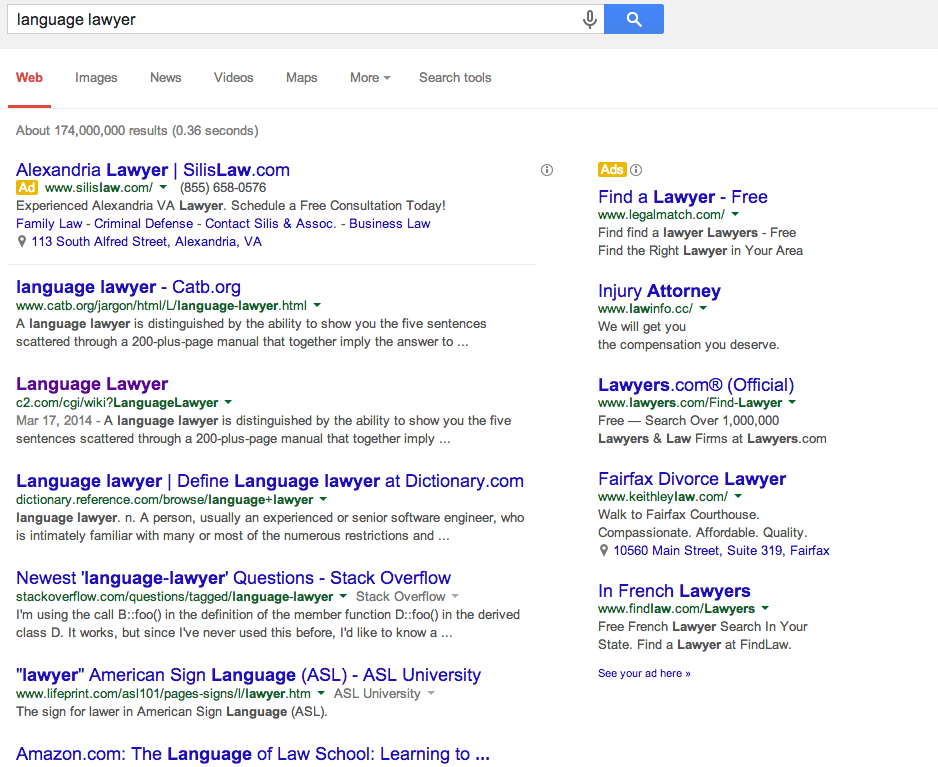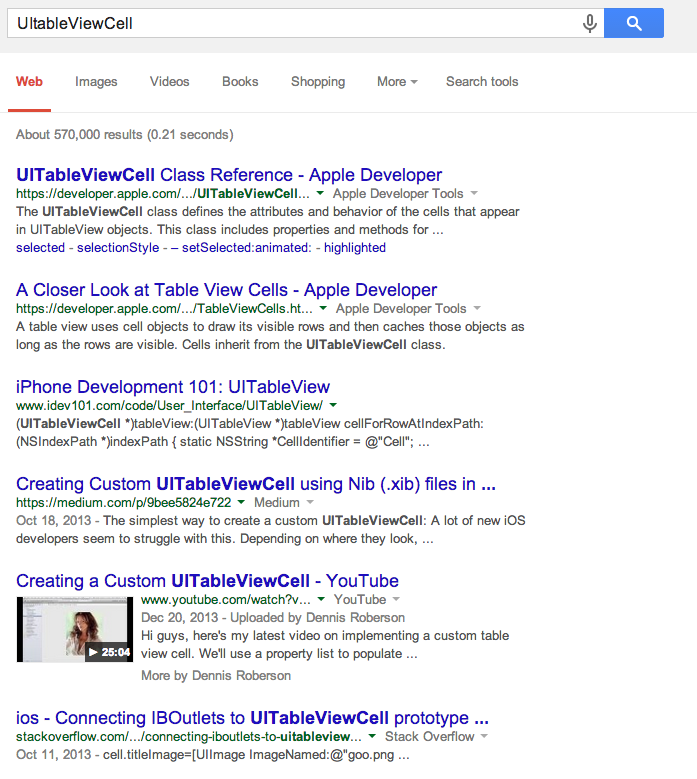Burninate. Seems like a meta tag, and I can't seriously believe that anyone will ever google, "Language-Lawyer".
I wrote this post two years ago; and it seems to be as true today as it was two years ago. Here's a present day screen shot of the first 'fold' for Language lawyer:

As you can see, the first two links are simply duplicates of one another; the third link is another definition, the fourth is a Stack Overflow tag (not particularly helpful, unless you're actually looking for a language-lawyer question -- and even then, you get to scroll through a few pages to find what you're looking for), and the fifth is about sign language.
Notice that all the sponsored ads are about finding a lawyer. I didn't include results 6-10 because they are even less relevant than results 1-5 (if such a thing were possible).
This is the very definition of a meta tag -- it's a tag that can't tell you about the problem on its own. A commenter brought up 'civilians' and 'UItableViewCell'.
Here are the first five google results for UItableViewCell:

As you can see, all of the search results hone in exactly on a language, a problem, and even a video(!). While I wouldn't suggest having UItableViewCell be the only tag on a question; it would get us much farther than having language-lawyer be the only tag on a question.
People like it, I get that. But it is a meta tag.
There's also the argument that
People are following the tag deliberately, using it as a marker of questions that are interesting to them. That's an exceptionally good indication of utility.
People also used to ask others to "ignore the fun tag", so they could keep the fun tag around. The problem is; while these questions may be 'fun' they're not really in the scope of Stack Overflow.
Likewise; the Language-Lawyer tag serves the interest of a very small group of people who:
- Enjoy arguing language semantics.
- Like to post teaser questions just to argue language semantics.
- Have these questions show up in the moderator queue due to flags.
3 alone is a good reason to remove the tag; and #1 and #2 also are outside the scope of Stack Overflow. Not to mention, these questions usually fall this very basic tenet of our site:
Focus on questions about an actual problem you have faced. Include details about what you have tried and exactly what you are trying to do.

